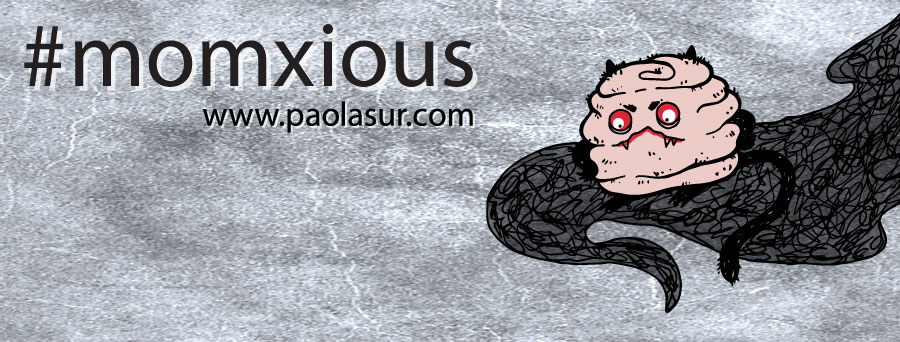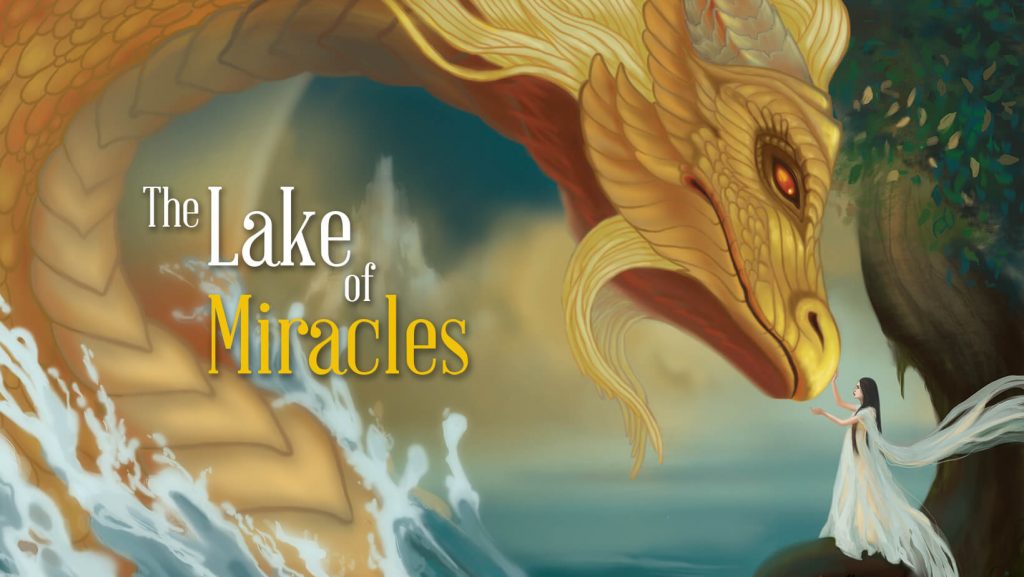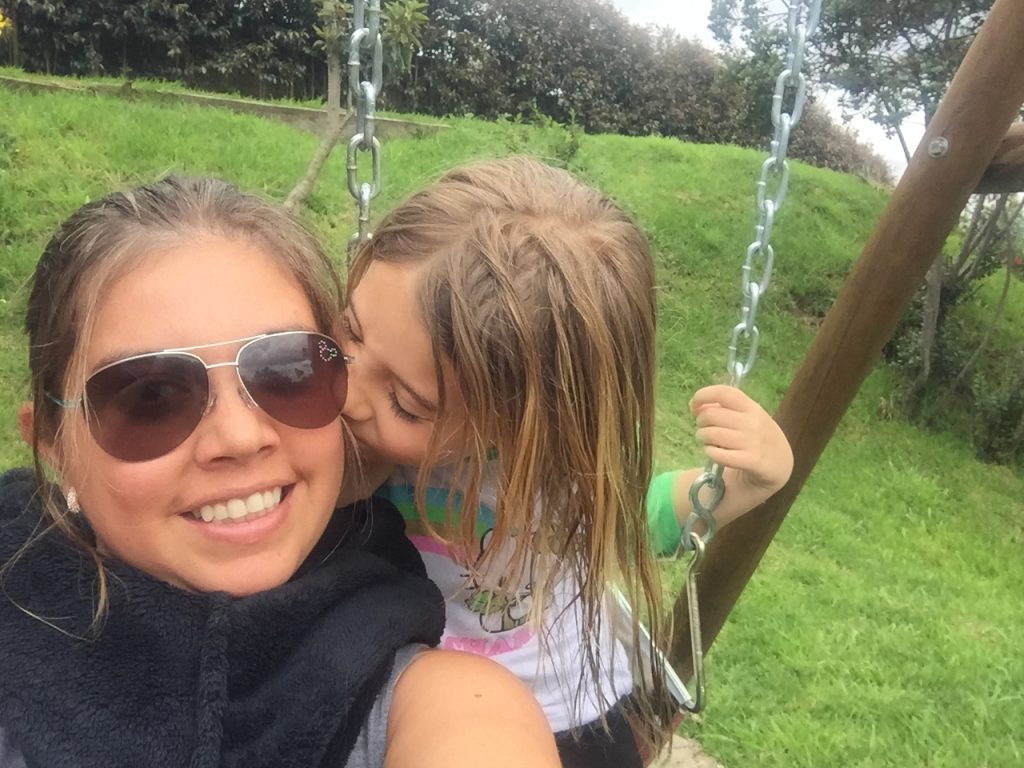I have said it before. The creation of a book is personal. Not everyone has the same type of inspiration, goals, tastes, or lifestyle. That is why it’s problematic for me to create such a specific plan with promises that you will have your book in a certain time or with certain characteristics, because it’s impossible that your experience is equal to mine. I have had to sit down to think about how can I help you in the best way, with tips that you can adapt to your own experience and make the path shorter and easier for you. That is my goal, that you can adapt all this information and my own experiences, so you gather the courage to jump and write your book, but without promises because the results of writing it really depend on only one person: YOU. I don’t own your time, nor your other responsibilities, nor am I in your head to direct you. But I can give you an initial map and it’s up to you how you want to use it and navigate with it.
In the previous posts I mentioned the 3 things you need to know before you start and the 5 things that are preventing you from taking that great step. Now, you are here at this point, in front of the blank page. Suddenly other questions trouble you, how long will it take? How many words do I need to write in total? Is it necessary to have a specific technique and plan? Before answering this I will tell you about my experience with my first book.
I had no idea what I had to do. Of course, having studied journalism, having worked in media and having devoured fantasy books since childhood helped me immensely in a technical way. I knew how to narrate, describe, had an idea of the style I wanted to follow. But the truth is, it all started with a scene I wrote one day. And from there everything happened organically. I sat down to write when I could and I was spinning the story step by step. I also had a notebook with notes so I didn’t forget certain details of my characters or the story. Some days this was easy, I could sit for hours writing. Others simply I couldn’t get a miserable word out. I realized that there were times when I lost momentum. I suffered a lot from that terrible disease that afflicts all writers: Procrastination. I didn’t have a specific plan, I didn’t know anything about the industry, nor did I know what I was going to do with the book once I got it done. Until one day I put the words THE END. What I had in my hands was a manuscript, something that I had given life to, and a story that was born from a simple first scene.
This is what I want to help you to do first. Go from point A, that is the first day you sit down to start writing, to point B, the day you put “The End” and you have an initial manuscript, your very own first DRAFT.
Before I start giving you the plan I want you to know something. This manuscript will be your first step and is the most exciting and enjoyable part of the process. You have to enjoy the creation and in this step please I urge to NOT worry about making it perfect. You will have time for that later and you will need help. For now, focus on the creative part, on outlining your story, on enriching your characters and plot, or if you are making a nonfiction book on spinning chapter by chapter telling what you want to say. If you think of the end of the story for example (because that can happen), or a character you want to put later, or if you wake up in the middle of the night with an idea, write it where you can. The time for corrections, to fill the plot holes in the story, to look at spelling, grammar, norms etc. will come later. What we need now is to create.
This is when I recommend for you to have a plan, something that gives you structure and a feeling of responsibility with your book. Imagine you want to skydive for the first time. You are afraid but at the same time you are full of adrenaline and have always wanted to do it. But for that, first you have to take a small course with an instructor and jump with him. You have to learn about the equipment, how to use it, how you should move, what instructions you should follow etc. And then you will jump, of course there is a risk but you are happy to have given the experience a chance. Once you land you will know if you want to do it again or not and you will have much more experience and each jump will be easier. When I jumped with my first book I jumped without an instructor. And although I enjoyed it the landing was painful. Of course, that didn’t stop me from jumping. But now with more experience I can be the instructor thus the reason why this series an tips for writers was born. With it you can answer several of these questions that afflict you and you will begin and finish the first draft of your book and best of all, you will adapt it to your needs.
-
Define the genre and what kind of book you want to write
. This is something simple, considering that you already have a definite idea. Think about the following. Fiction or nonfiction? What audience do you want to target? What is the literary genre? Is it a short story or a novel? Do you have to do research, interviews etc? Defining all of this will help you focus when writing.
-
Determine an initial extension.
It’s normal if you still don’t know what you’re going to do with your book once you’re done. But knowing a little about how the publishing industry handles the number of words per literary genre, can give you an idea of the ideal extension to create your book. Keep in mind that these are very general rules. Both publishers and the public have very subjective concepts and the number of words does not have to be that rigid. Also in each case there are variations, for example if it is a fantasy novel or a romantic novel, or if what you want to write is a thriller … what I want you to do with this is to have a general approach to be able to design a plan and schedule for writing. In the end, you have the freedom to write the number of words that you want. Because if the content is good, the rest doesn’t matter and you will realize that the story itself will indicate you the extension it needs. This is just for you to start creating.
This table can give you an idea:
-Micro story: max 500 words
– Short story: between 500 and 18 thousand words
-Novella: between 20 thousand and 80 thousand words
-Novel: more than 80 thousand words
-Non-Fiction: From 25 thousand to 80 thousand words
3. Calculate the time you need to finish your book.
Since you already have a general idea of the number of words you may need, you can determine the time you will spend writing your book. Set a goal that suits your possibilities, depending on your job (if you have one), your responsibilities, your lifestyle, etc. Try to be as realistic as possible, and this will prevent a great level of frustration. It’s something that only you know. If you want to make a 70 thousand word count novel and finish it in 3 months (90 days) for example, you will need to write approximately 777 words per day, or 5,500 per week.
4. Define the time and days you will devote to your book.
In other words, set a schedule. This is like exercising. Some people work out at 4 a.m. Others wait until the afternoon. Some don’t have time until the weekend. But it’s crucial that you determine a space in your life for this task and most importantly to create the habit. In my next post I will give you advice on rituals that every writer should have, so stay tuned because this is going to help you make this activity your favorite of the day and will put you in tune with your inspiration.
5. Make a contract.
A freelance writer can lose his way very easily. Creating a contract for yourself can help you keep your plan to write your book and not succumb to procrastination. If you decide you can do it as publicly as you deem necessary. I advise giving this contract to at least one person, someone that you trust, one of those people who supports you but is not afraid to tell you when you are wrong. By giving away this contract you will give authorization to check on you from time to time. Or if you are one of those people whose “the bigger the audience the better” rule works for you, you can even share it on social media. It’s a great level of commitment. If you had an editor it would be a real contract that, if breached, would get you into trouble. For now this is not very difficult:
I ___________________________ with full use of all my faculties I undertake to write and finish the first draft of my book no later than _______________________. If this contract is breached, I am undermining the possibilities of being happy and fulfilling my dreams.
That’s all! it doesn’t have to be difficult.
6. WRITE.
This is the basic rule. It’s no secret, it has no science behind it, there are no formulas, there is nothing. Write. Do not make excuses or put limits to your task. You already have the time. You are creating the habit. You are clear about how many words you want to write and the story is giving you ideas and guidelines. So nothing can stop you now. Do not step back in the process or focus much on returning to see what you wrote and correct and correct. There will be time for that. You just let yourself go hand in hand with your story.
One more thing. THIS DOESN’T HAVE TO BE SO PSYCHORIGID. The rules can be broken. If you are one of those people whose inspiration comes suddenly and you can simply sit down to write when you feel like it, do it. If you want to finish a chapter in the middle of the night, do it. If you had a dream or an epiphany and you have to stop some activity to sit down and write, do it. If you don’t have a computer, or if the inspiration came to you on a plane and all you have is a napkin, write right there. Once a dialogue occurred to me while I was having a glass of wine in the patio of my apartment and I didn’t have time to look for my computer, turn it on, etc. I took out my cell phone, found the notes app and I wrote it. The important thing is that you don’t stop.
When you finish your first draft, breathe. You did it! Celebrate it! Give yourself something, take some time to absorb this great achievement because it was not easy and not everyone does it. But don’t take too long because what awaits you is work to do. Or as my daughter would say FUN FACT: This is not over yet. This is just the beginning.
If you liked this article, please share it and follow me on social media Facebook, Twitter and Instagram to see more surprises and tips.
To buy any of my books click on the following image. Thank you!














